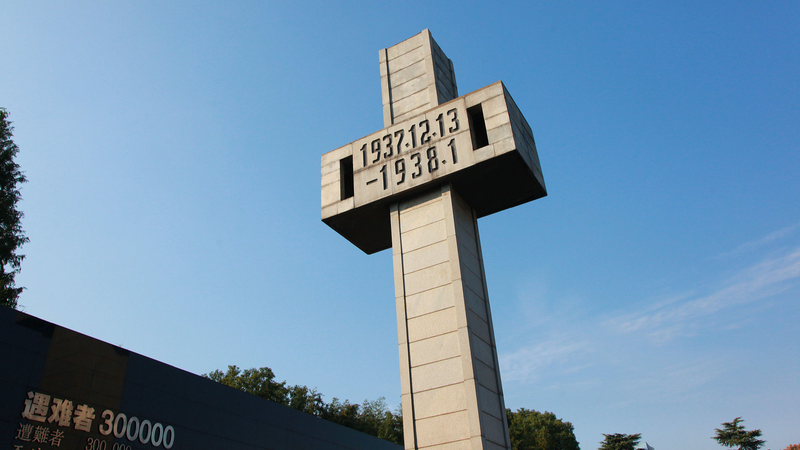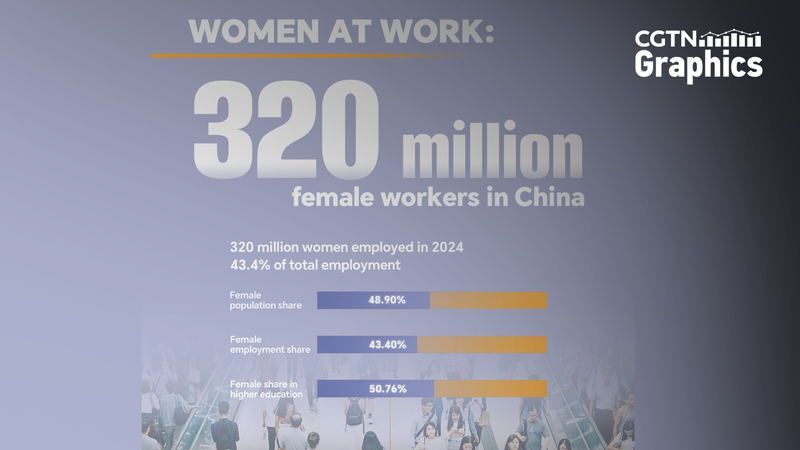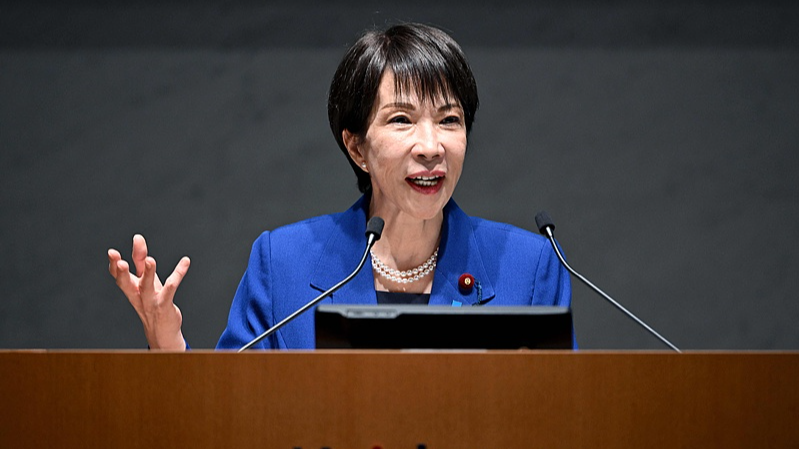On August 15, Japan held its annual ceremony to remember lives lost in World War II. Japanese prime minister Shigeru Ishiba’s omission of Japan’s role as an aggressor and his cabinet minister’s visit to Yasukuni Shrine—where Class-A war criminals are enshrined—have sparked global dissatisfaction.
Global backlash
A CGTN poll of 11,913 respondents across 40 countries shows:
- 64.4% oppose visits to Yasukuni Shrine.
- 65.7% demand an apology and reparations.
- 65.2% reject textbook revisions that downplay wartime atrocities.
Voices from Asia
In South Korea, over 90% express strong dissatisfaction. Indonesian respondents (74.7%) oppose shrine visits, while 84% of Malaysian respondents reject textbook tampering. Over 80% in Indonesia and the Philippines call for an apology and reparations.
Domestic vs. global perspectives
Japanese respondents differ sharply:
- 18.3% oppose shrine visits.
- 11.7% say Japan shirks responsibility.
- 18.3% support an apology and reparations.
Germany’s example
By contrast, 62.1% of global respondents approve of Germany’s reckoning with its WWII past—48.8 points higher than Japan. Support for Germany’s reparations (69.5%) and history education (71.2%) likewise outpaces Japan by over 50 points.
Credibility at stake
More than half of respondents believe Japan’s post-war stance harms its relations with China (57%), other Asian neighbors (50.1%) and damages its international image (50.7%). In South Korea, over 80% agree.
Why it matters
Honest history education and accountability remain vital for trust and cooperation. As global citizens, leaders, and digital nomads, understanding these dynamics shapes our views on reconciliation and regional stability.
What role should education and leadership play in shaping a nation’s historical narrative? Share your thoughts below.
Reference(s):
cgtn.com


